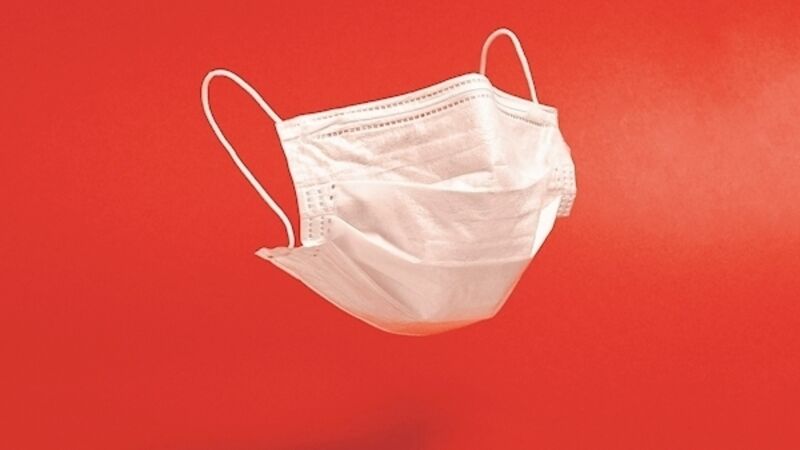Liz Dunphy: Can Covid-19 ultimately save our GP service?

The recent crisis may have shown us we can maintain our health better than we thought, taking pressure off packed GP surgeries, writes .
‘We're on a war-time footing,” Dr Mike Thompson said from his GP practice between fielding calls from concerned patients and hand-writing referrals for Covid-19 tests after the online system crashed under hectic demand.
















